|
For several months we have known that a new SAT was coming effective March 2024, and we've known many of the characteristics of the new test including:
Now that we've had a chance to look at released practice tests, what else have we learned that students need to understand? A Wider Range of Difficulty If the second module of both the Reading and Writing (RW) and Math sections can be either easier or more difficult and the timing and number of questions is the same, the student who gets the more difficult Module 2 should expect to have to work faster to allow time for some more difficult questions. Sophisticated Semicolons The need to challenge students more in the higher difficulty Module 2's has resulted in some types of questions that were not seen on the paper SAT, where every question counted the same. For example, over my 20+ years tutoring the SAT I have told hundreds of students that all they had to know about a semicolon was that it was required to separate two independent clauses and thus avoid a comma splice. Even though I knew there were other ways good writers use semicolons, I avoided bringing that up so as not to burden the student with unnecessary complications. However, here is a sentence appearing in one of the new sample tests, with the correct answer underlined: Joshua Hinson, director of the language revitalization program of the Chickasaw Nation in Oklahoma, helped produce the world's first Indigenous-language instructional app, Chickasaw Basic, in 2009; an online television network, Chickasaw TV, in 2010; and a Rosetta Stone language course in Chickasaw, in 2015. [] So, my mini-lesson on the semicolon must now include the fact that a semicolon is used to separate phrases or items in a list when the phrases or items themselves contain commas. More Use of the Calculator Similarly, in math the student should expect a few problems of a higher level of difficulty than those on the paper SAT. Some of these seem designed to be solved with a calculator, while all the math questions on the paper SAT could be reasonably solved without a calculator. So it's important that the student become knowledgeable of most if not all of the capabilities of the included Desmos calculator. For example, here's an equation a capable algebra student would use to solve for the dimensions of a box (it's the next to last question in a module 2): While I was able to solve this equation on paper, I'm not telling how long it took me. I'll be teaching all students how to solve it using Desmos. Just typing in the equation shows its graph – clicking on the x-intercept gives the solution: 8 cm. Here's the comparison of the timing between the tests:
0 Comments
Important Message to Juniors Regarding the October PSAT–
There’s a big change in the testing world that affects current juniors. The December 2023 SAT is the last SAT that will be a paper test. Starting March, 2024, the SAT will be a digital test–on the computer. Here are the major points.
BUT HERE’S THE MOST IMPORTANT THING YOU NEED TO PAY ATTENTION TO RIGHT NOW: The PSAT that will be given this October is a digital test and it’s almost identical to the Digital SAT. Students can download the Bluebook app onto their computer now, for free, and will find there four full-length practice Digital SATs and one practice Digital PSAT. So, it will pay any student who is thinking about college to download the Bluebook app NOW and work the practice PSAT before they take this October’s PSAT. Choose this practice test: PSAT/NMSQT and PSAT 10 Here's why: By just taking the practice test on your own computer, for free, you will have much more familiarity with the test than if you take it cold on test day. Also, if you are uncertain whether you want to prepare for the SAT or the ACT, taking the PSAT will give you a clear look at the Digital SAT and how it suits your skills. Then, by taking a practice ACT or the ACT given in North Carolina public schools in February or March, you will have a good indication of which test suits you best. And, you need to learn the new built-in Desmos calculator for math, which will allow you to do many math problems using the calculator rather than solving on paper. Now, what is an adaptive test? Wikipedia puts it this way: “Computerized adaptive testing (CAT) is a form of computer-based test that adapts to the examinee's ability level… In other words, it is a form of computer-administered test in which the next item or set of items selected to be administered depends on the correctness of the test taker's responses to the most recent items administered.” Because it adapts to the examinee’s ability level, it is able to achieve the same level of accuracy with substantially fewer questions than a non-adaptive test would require. For more information, email perry@perryyoungblood.com at Perry Youngblood Tutoring Most colleges have set a date as to when they will notify Early Decision or Early Action applicants. In past years, many have notified a few days or a week or more earlier than promised. So, we have obtained a list of dates for some popular colleges.
\\\\\\\\Click here to view the list. A big question for those heading for college this fall is whether classes will be on campus or online. Most colleges have not answered this question yet. But, according to NC Policy Watch, Chancellor Kevin Guskiewicz told a faculty committee meeting Monday, “We are planning right now for our students to return August 16 for convocation, our undergraduate students,” He qualified this by saying, “That is the plan as we sit here today. But I have the registrar beginning to look at some different scenarios just so we can be prepared. What if we needed to go all online for the fall? What if we decided that because the tail has drawn out longer than what we had expected, we need to start the semester two or three weeks later?”
The article also stated that the UNC Board of Governors meets Thursday and Friday this week and is expected to discuss budget concerns as well as the possibility and specifics of students and faculty returning to campus. Read the full article here The ACT organization has announced a major change to their policies beginning next September.
Online Testing ACT has offered online testing in other countries, and will do so domestically some time next year. Availability will depend on when testing centers can be equipped with the required computer hardware to support the online tests Section Retesting First, a student will take a full ACT test, just like today. Afterwards, in September or later, they can take a retest consisting of one, or two, or three of the multiple-choice sections. The section retests will only be offered on the National ACT testing dates and only at the online-equipped testing centers. If the student has accommodations approved, such as extended time, this will also be available for the section retests. ACT will not limit the number of retests the student can have. There's no word yet on the pricing of the testing. Super Scoring Along with the section retesting policy, ACT will begin issuing a superscored report. Superscoring takes the highest score from individual sections and averages those to make the composite. ACT will send superscored reports to colleges, and will include information about all the testing events that created the score; so colleges will know whether the superscore came from one sitting or multiple sittings or section retests. There's still much to be made clear between now and next year, such as which testing locations will become online-equipped and when. So stay tuned for additional information when it becomes available. Centre College, in Danville Ky, is not well known outside of that part of the country. But Kentuckians know Centre as a premier college experience. My friend from KY says that if one wants to become governor of Kentucky, one goes to Centre, because they produce leaders in many fields. After I got back home, I looked into some of the superlatives of the college. The Alumni Factor is a book and website that publishes ratings and rankings of top colleges. Their rating are based almost entirely on surveys of alumni and measure outcomes of the college experience, rather than inputs like SAT scores, high school GPA, college wealth, etc. Some of the 15 factors are Intellectual Development, Social and Communications Skills Development, Preparation for Career Success, Value for the Money, Average Income of Graduates. So, here are The Alumni Factor’s top 20 colleges in the country, and you can see where Centre ranks.
Our briefer addressed what Harvard is looking for in students: – “Excellence of the academic record is obvious”. Other factors will determine which of the stellar students gets in. – The student needs to articulate what they want to do, in college and beyond, if they know. Harvard expect that the essays will make a good case. So they require an interview to “get past the spinning”. They want students who can get along with other people, respect others’ boundaries, will have a sense of belonging and group membership, who respect diversity, and are very nice people. This will hopefully describe 3/4 of the student body. – There is also room for a minority of students who may be gifted academically or artistically or have a singular excellence of some sort – and these students may be admitted is spite of having a peculiar personality – Competition in the sciences is fierce – stronger than in the arts and humanities. Harvard is diversifying like never before. They want their student body to reflect the diversity of the country’s population. Bentley University, in Waltham MA, may not be well known in the Southeast, but in New England, Bentley is known for business education with a strong mix of liberal arts courses included. The campus is an attractive collection of Georgian Colonial buildings and nice landscaping that reminded me of Christopher Newport. Waltham is located about 10 miles west of Boston, so students have ready access to the city. The college has 4264 undergrads and 1304 grad students.
Brandeis was founded in 1948 to provide an elite college for Jewish students. Its founding was supported by Albert Einstein, Eleanor Roosevelt, Leonard Bernstein and Abraham Maslow. It continues to fulfill that need, but Jewish students now make up less than half of the college’s 3600 undergrads and 1700 grad students. Brandeis boasts of research funding that is third in Massachusetts, after Harvard and MIT.
Tufts is beautiful! The campus sits on a hill overlooking Boston’s suburb, Medford. The buildings and trees are stately and venerable, and the grounds are well-maintained. On public transportation, it’s 15 minutes to downtown Boston, and five minutes to Harvard Square. The School of Arts and Sciences and the School of Engineering occupy the Medford campus; together they have 4000 undergrad and 1700 graduate students. Tufts has multiple other campuses housing graduate level schools of medicine, dental medicine, law and diplomacy, biomedical sciences, nutrition sciences and veterinary medicine. But at the Medford campus, it’s like being at a medium-sized liberal arts and sciences and engineering college.
The College of the Holy Cross, in Worcester, Mass, is located on a steep hill overlooking the city. Students making the trek between the dining hall at the bottom to their dorm at the top will get their exercise for the day. The campus is beautiful, and registered as an arboretum.
There are 2877 students, all undergrads. Over half of students are Catholic. The college is led by the Jesuits, and the religious influence is said to be somewhat greater than at other Jesuit schools. But daily mass is not required. The Fiske Guide says about Clark: “If Clark were located an hour to the east, it would have become the hottest thing since Harvard.” Clark began in 1887 as an all-graduate university on the German model, but has evolved into a mostly-undergraduate college with 2262 undergrads and less than 900 graduate students. Clark calls itself the smallest liberal arts residential university. All professors do research. Psychology and geography, which were emphasized when the university opened are still strong and nationally renowned programs. Psychology is the largest program. The American Psychological Association was born on the Clark campus. When Sigmund Freud came to the US, he came to Clark University. The geology program has awarded more PhD’s than any other college in the US and has four members of the National Academy of Sciences.
Students looking for a relatively small, undergrad-oriented college where they can study engineering or other technical majors do not have many options to choose from. But Worcester Polytechnic Institute (WPI) may fill the bill. WPI has 3893 undergrads and less than 800 grad students. The college emphasizes collaborative, project-based academic work. It’s the only test-optional technical college, as of this writing.
Salve Regina is located in posh Newport RI. Tourists come to the neighborhood to visit the mansions overlooking the bay. And Salve is located right next to one of the most famous, The Breakers. In fact, many of Salve Rigina’s campus buildings are substantial former homes that have been donated to the college.
The University of Rhode Island, in Wakefield, claims to have “the most beautiful campus on the coast”. Over half of the 14,000 undergraduates are from out of state.
As with most state universities, many majors are offered. Nursing, pharmacy, and engineering are the most competitive and students need to apply early. The average GPA for pharmacy is 4.1, with average ACT 29. The ability to transfer into pharm or nursing, once enrolled, is minimal. Providence College is a Catholic college with 3800 undergrads, located in the city about 2 miles from Downtown. PC is the nation’s only college or university operated by the Dominican Friars.
The student population is 75% Catholic; students must take two theology classes and civics; attendance at mass in not required. There seems to be a strong sense of community on campus. There are no fraternities or sororities. If you’re looking for a vibrant major university, located in a city but with great access to the outdoors, Utah merits your consideration.
The University of Utah makes a good impression on a visitor. The campus is modern and attractive. It’s located in Salt Lake City, a vibrant and modern city, but the back side of campus sits against the base of the Wasatch mountains and there are hiking and biking trails galore. And speaking of biking, Salt Lake City may be the biking capital of the country – bike paths and bike lanes are everywhere. Ohio State is the biggest of the Big Ten, with 38,000 undergraduates and another 10,000 graduate students on the main Columbus campus. Until recently, there was only room for freshman in the dorms, but USU is now adding 11,000 beds so that freshmen and sophomores can live on campus. The football stadium seats 107,000. Other numbers are equally impressive: 19 colleges, 10,400 courses, 175 undergraduate majors.
Ohio Wesleyan, in Delaware, Ohio, has 1730 undergraduate students. The college has 86 majors, including strong ones in journalism, fine arts, zoology (think Jack Hanna at the Columbus Zoo), biology/premed and cross-discipline studies. Many students double-major or take a minor.
Denison University is a selective liberal arts college with 2250 students in Granville Ohio. Its beautiful campus and strong academics make it popular with students from many states. 70% of students come from outside of Ohio and 7% are international. Denison has strong retention rates, freshmen to sophomore, as well as strong graduation rates.
A trend at liberal arts colleges is for students to be able to choose their courses. Not at St. Johns. In fact, every student takes the same classes. The curriculum consists of the study of 200 texts from the original authors, ranging from Aristotle to Einstein. There is no need to choose a major; everyone’s degree is in the Liberal Arts.
The University of Maryland in College Park sits on 1200 acres. The core of the campus offers handsome Georgian style buildings with white columns. The location is just a few miles outside DC and even inside the beltway. The campus has a stop on the DC metro, so students can get to downtown as well as make connections to Amtrak.
Goucher College, in Towson, Maryland, is an excellent liberal arts college. Founded as a women’s college, it went coed in 1987 and is now close to the 60/40 female/male split that is typical at our undergraduate institutions. Phi Beta Kappa established a chapter on campus only 20 years after the college was founded, and the college ranks among the top 50 in turning out students who obtain Ph.D.’s in the sciences. A biochemistry and molecular biology program has been recently added.
When most people think of Johns Hopkins they think of medicine and premed for the undergrads. And it’s true that premed is a major part of the undergrad college. But, Hopkins also offers international relations (it’s an easy Metro ride to DC), engineering (including bio-medical!), and many liberal arts majors. We were told that its a third engineering, a third sciences, and a third humanities.
Visit to US the Naval Academy, May 5, 2015
Located in Annapolis, Maryland, the US Naval Academy educates officers for commissioning primarily into the United States Navy and United States Marine Corps. The entire campus is a National Historic Landmark and home to many historic sites, buildings, and monuments. Approximately 1,300 “plebes” enter the Academy each summer and enroll as midshipmen. A small percent are citizens of other countries, sent to the academy by their home government. The program includes academic work leading to a bachelor of science degree, military leadership training, and mandatory participation in athletics. |
Categories |
|
Website By: RyTech LLC


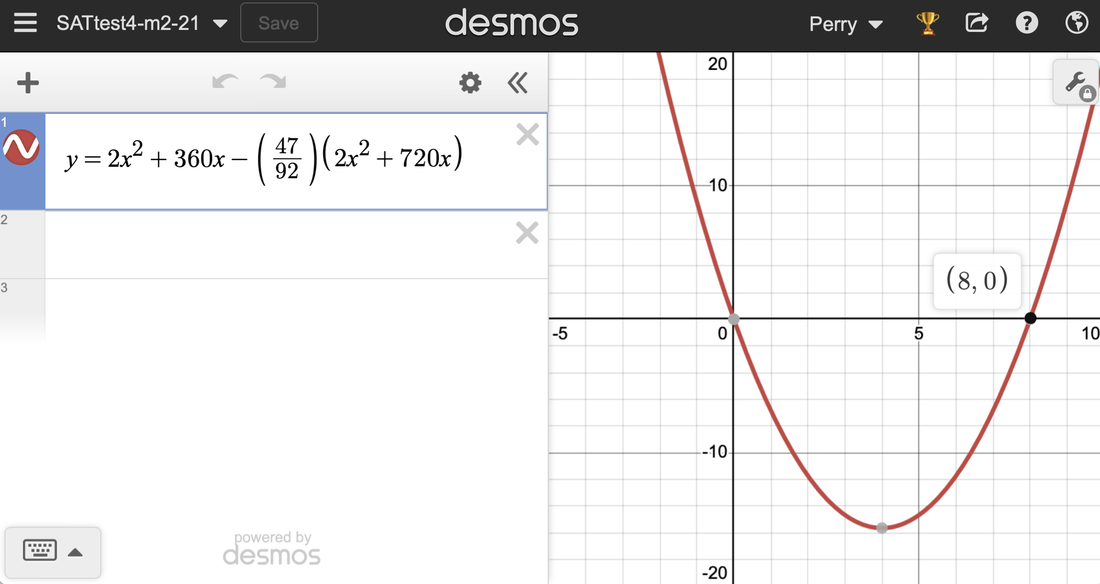

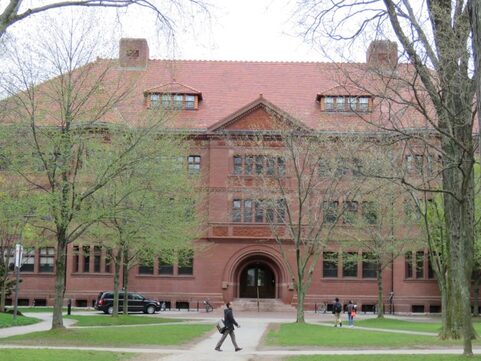


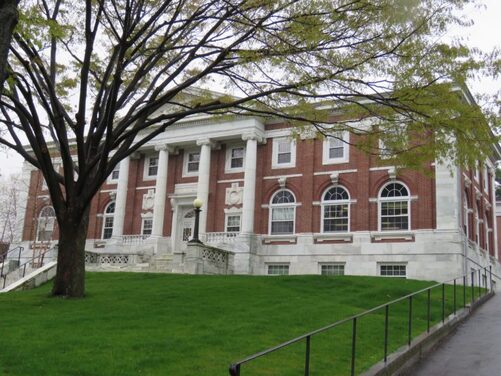

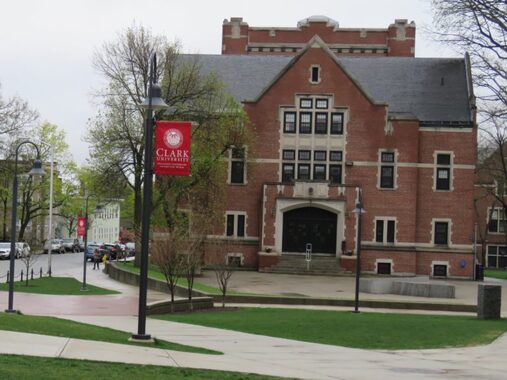



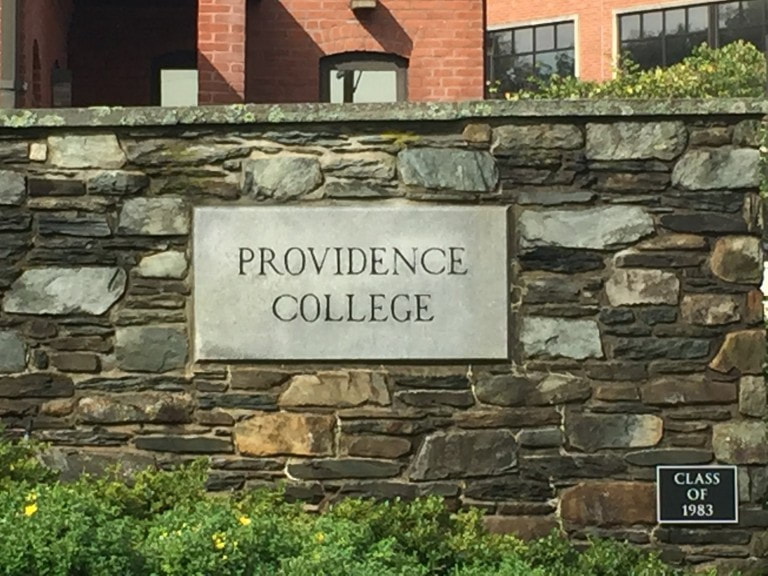
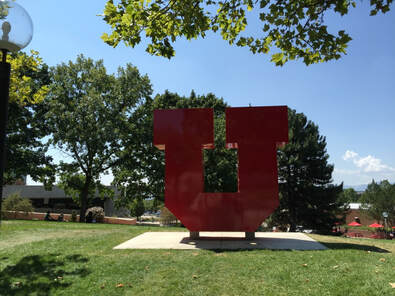

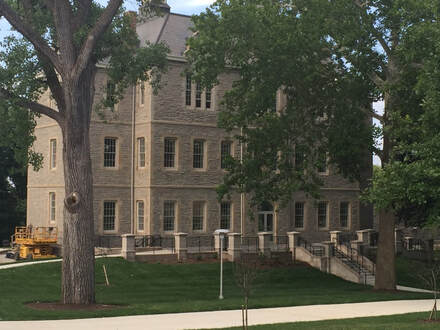
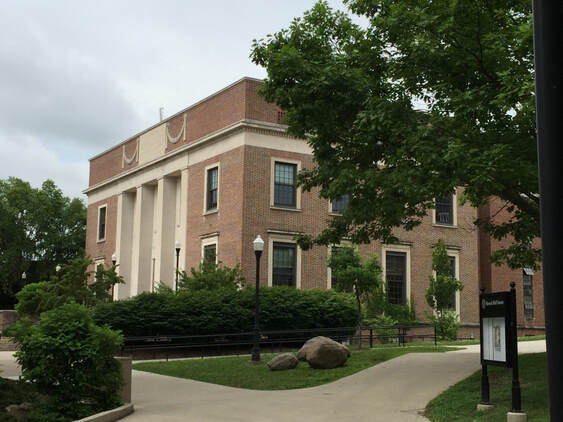
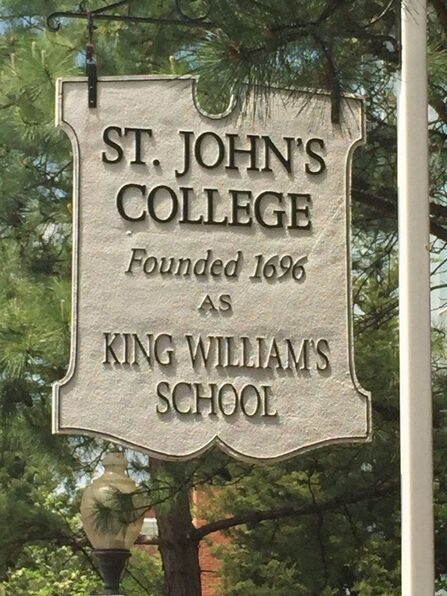



 RSS Feed
RSS Feed
